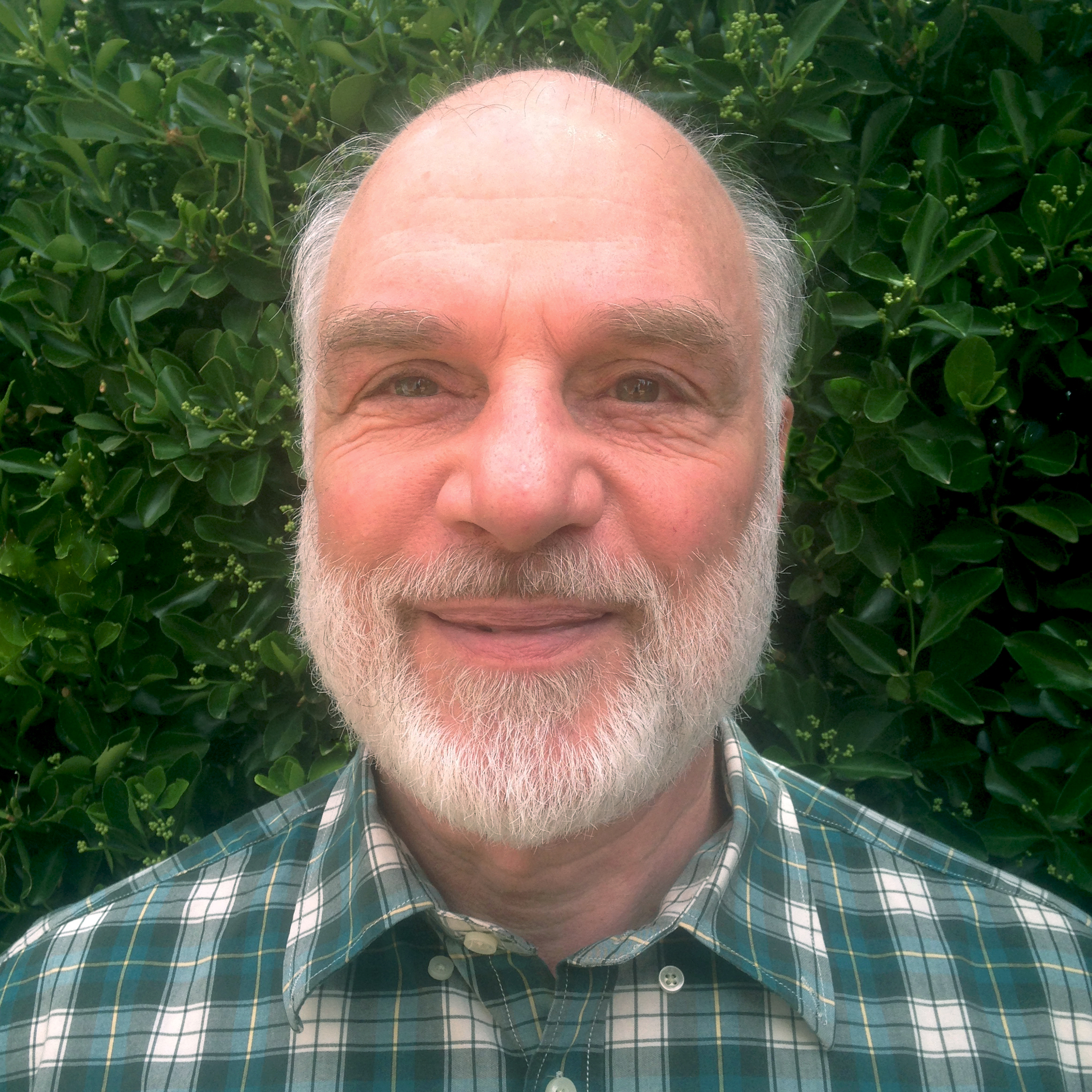Posted by Horton Tatarian, research biochemist, on 3rd Dec 2015
Toxic Holiday Rituals, Part 3

Legal But Deadly Treats
Part 2 of this series identifies refined sugar as the dietary equivalent of cocaine because of its potency as an addictive drug. Nicotine and alcohol also stimulate the brain’s pleasure centers. However, the health consequences of sugar addiction is now the greatest threat to society.
Containment of the obesity epidemic is compounded by the addictive properties of sugar which involve the same dopamine receptors in the pleasure centres of the brain as for cocaine, nicotine and alcohol. Of the many other toxic effects of excessive sugar consumption, immunocompromisation, kidney damage, atherosclerosis, oxidative stress and cancer are highlighted. Reference
Sources of added sugar include sodas, jams and jellies, syrup, table sugar, baked goods, ice cream, candy, and a multitude of packaged supermarket foods.
Added sugar was not a significant component of the human diet until the advent of modern food-processing methods. Since then, the intake of sugar has risen steadily. Reference
Refined Sugar: Dietary Ethanol
Many people who abstain from any form of alcoholic beverage regularly consume sugar-laden treats and drinks, not aware of their equivalence. The toxicity of refined sugar is similar to that of ethanol, the type of alcohol in alcoholic drinks.
By stimulating the "hedonic pathway" of the brain both directly and indirectly, fructose creates habituation, and possibly dependence; also paralleling ethanol. Reference
When consumed as an added sweetener, fructose is the poison, but table sugar (sucrose) is a major source of dietary fructose. One-half of the sucrose molecule is fructose. (The other half of the sucrose molecule is glucose, which is metabolized without harm when blood levels are not excessive.)
Refined sugar and alcohol affect the brain, liver, and body in similar ways.
We chose to examine the metabolic, hedonic, and societal similarities between fructose and its fermentation byproduct ethanol. Reference
Whether from corn syrup, fruit juice, or sucrose, the liver eliminates fructose in much the same way as it does ethanol.
Elucidation of fructose metabolism in liver and fructose action in brain demonstrate three parallelisms with ethanol. Reference
Some researchers think of refined sugar as “alcohol without the buzz.”
Intestinal Ethanol Production
Yeast organisms ferment sugars and produce ethanol in the process. Sugar fermentation and ethanol production can also occur in the human intestinal tract. Increased amounts of added sugar in the human diet boosts the population of yeast organisms in the mouth, lower digestive tract and other locations in the body.
In recent years the frequency of fungal infections in human populations has increased considerably. The most common type of fungus attacking the human organism is Candida albicans. Yeast-like fungi occur naturally in the oral cavity, intestines, vagina, or skin, however in amounts not dangerous to human health. Reference
As discussed in Part 1, yeast organisms are harmless except when the immune system weakens. Yeast organisms in the intestinal tract can proliferate and produce significant amounts of ethanol when supplied a diet rich in refined sugar.
The patient, who declared to have always abstained from alcohol, was hospitalized for abdominal pain, belching and mental confusion. The laboratory findings showed the presence of ethanol in the blood. Gastric juice and faecal microbiological cultures were positive for C. albicans and S. cerevisiae. At home, he was on oral antibiotic therapy . . . for a small bowel bacterial overgrowth, associated with a simple sugar-rich diet. Reference
(To Be Continued)
Next: Part 4
Back to Part 3, Part 2, Part 1
About Horton Tatarian

I’m a biochemist who examines scientific findings on health and disease. My degree in biochemistry is from U.C. Berkeley. UCLA School of Medicine granted an M.D. degree in 1974. Since then, independent research prepared me to advise clients on natural ways of self-care.

